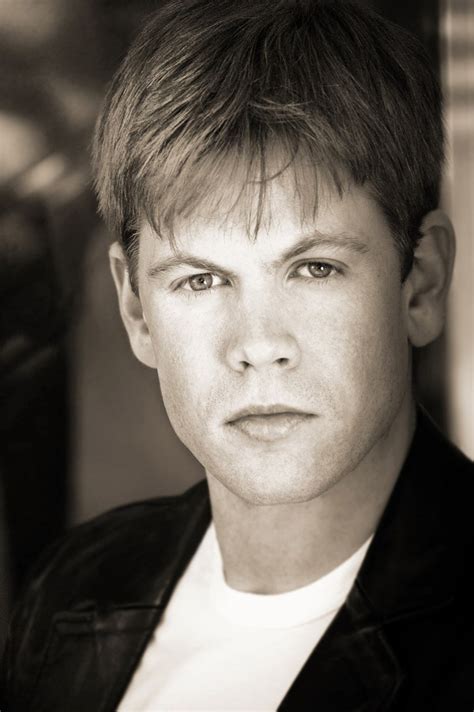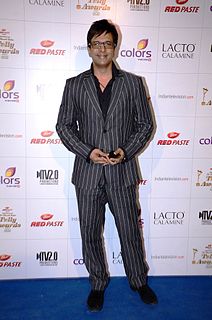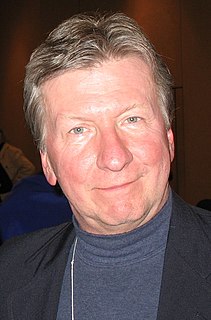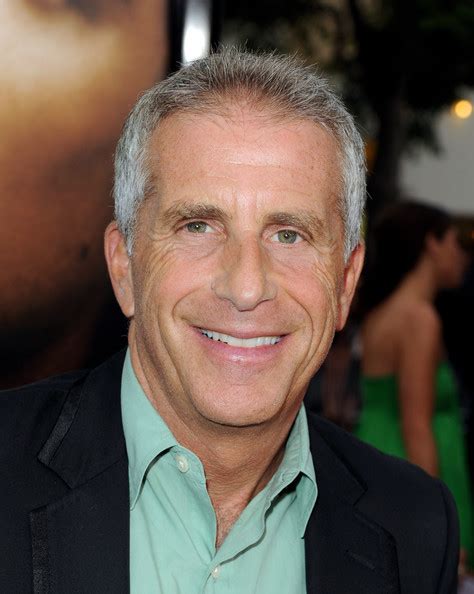A Quote by Lee Child
Related Quotes
The book is finished by the reader. A good novel should invite the reader in and let the reader participate in the creative experience and bring their own life experiences to it, interpret with their own individual life experiences. Every reader gets something different from a book and every reader, in a sense, completes it in a different way.
Since my romance novels had all been thrillers as well, it wasn't such a leap for me to move into the straight thriller genre. The most difficult part, I think, was being accepted as a thriller writer. Once you've written romance, unfortunately, critics will never stop calling you a 'former romance author.'
It is obvious enough for the reader to conclude, "She loves young Emerson." A reader in Lucy's place would not find it obvious. Life is easy to chronicle, but bewildering to practice, and we welcome "nerves" or any other shibboleth that will cloak our personal desire. She loved Cecil; George made her nervous; will the reader explain to her that the phrases should have been reversed?






































